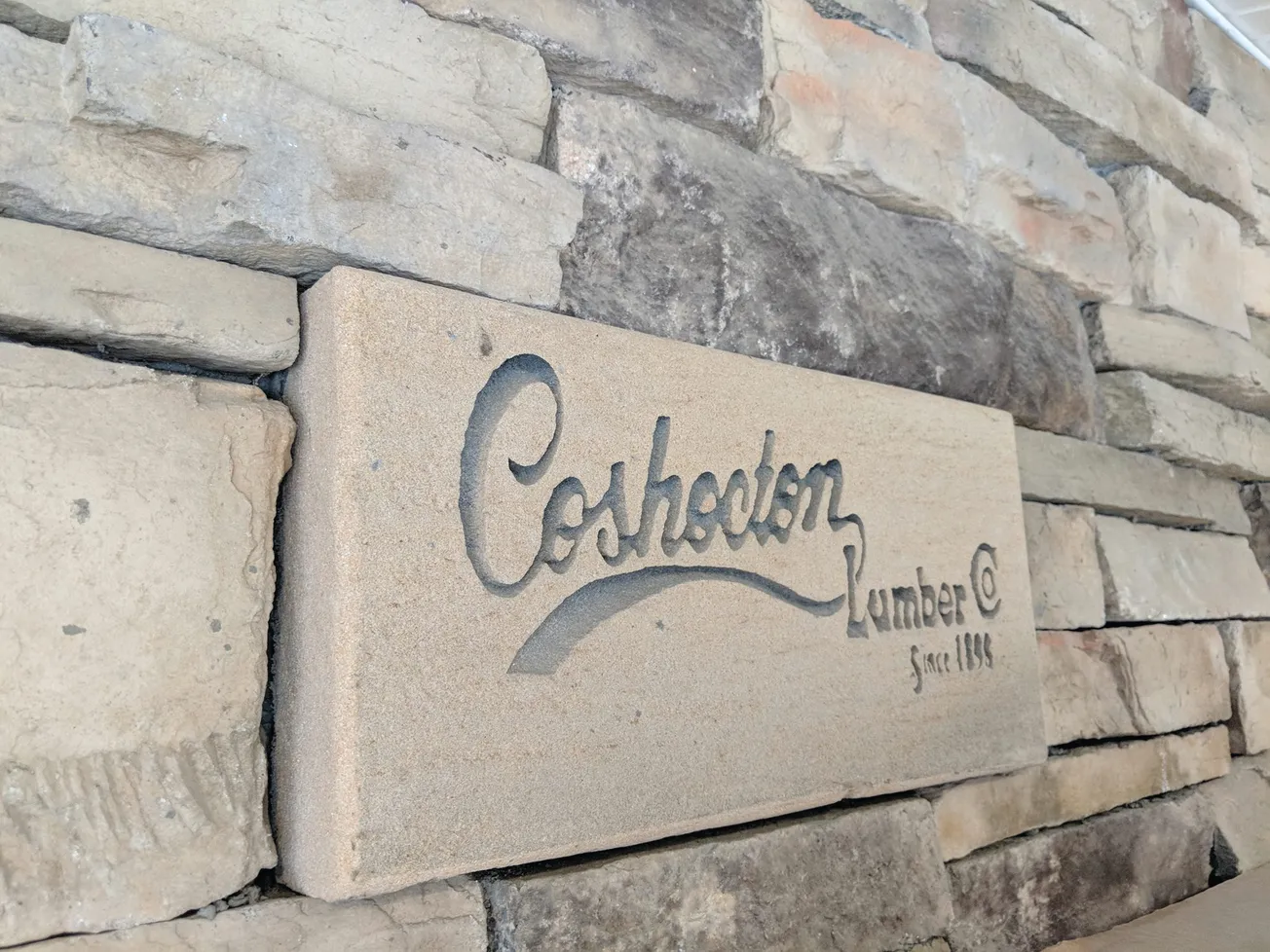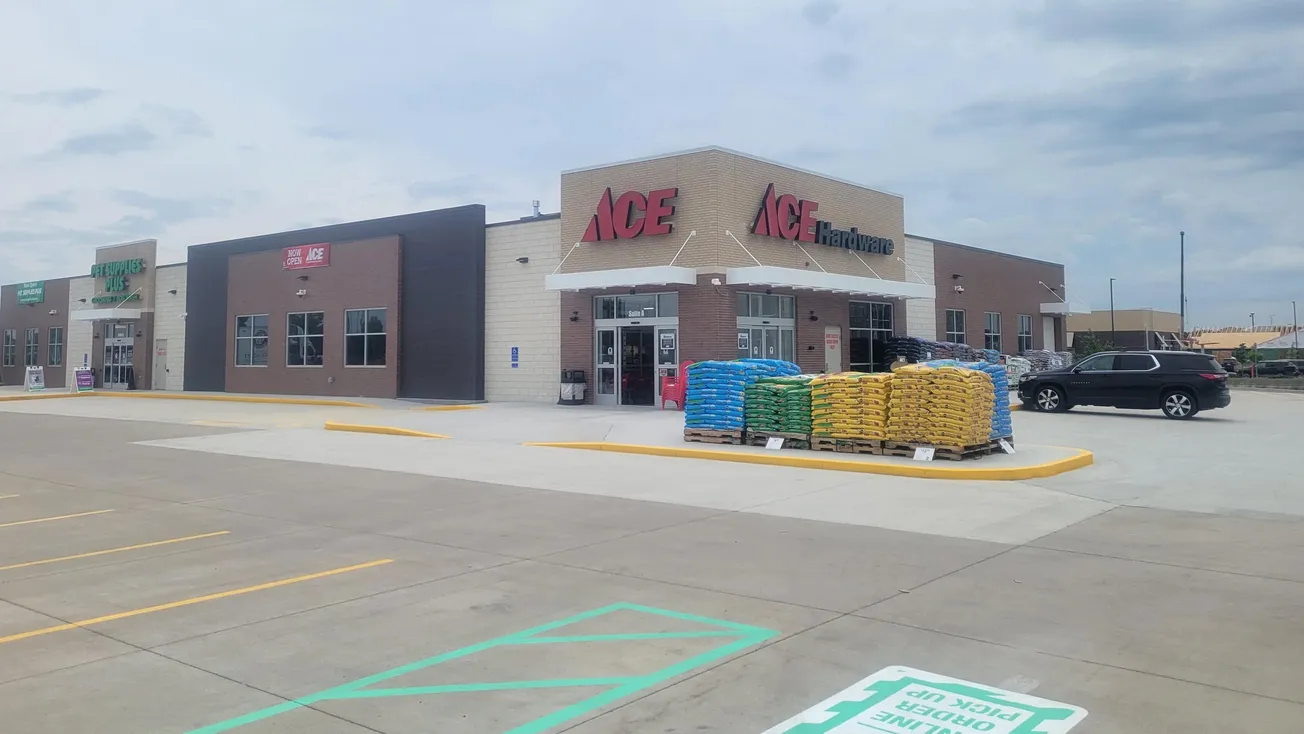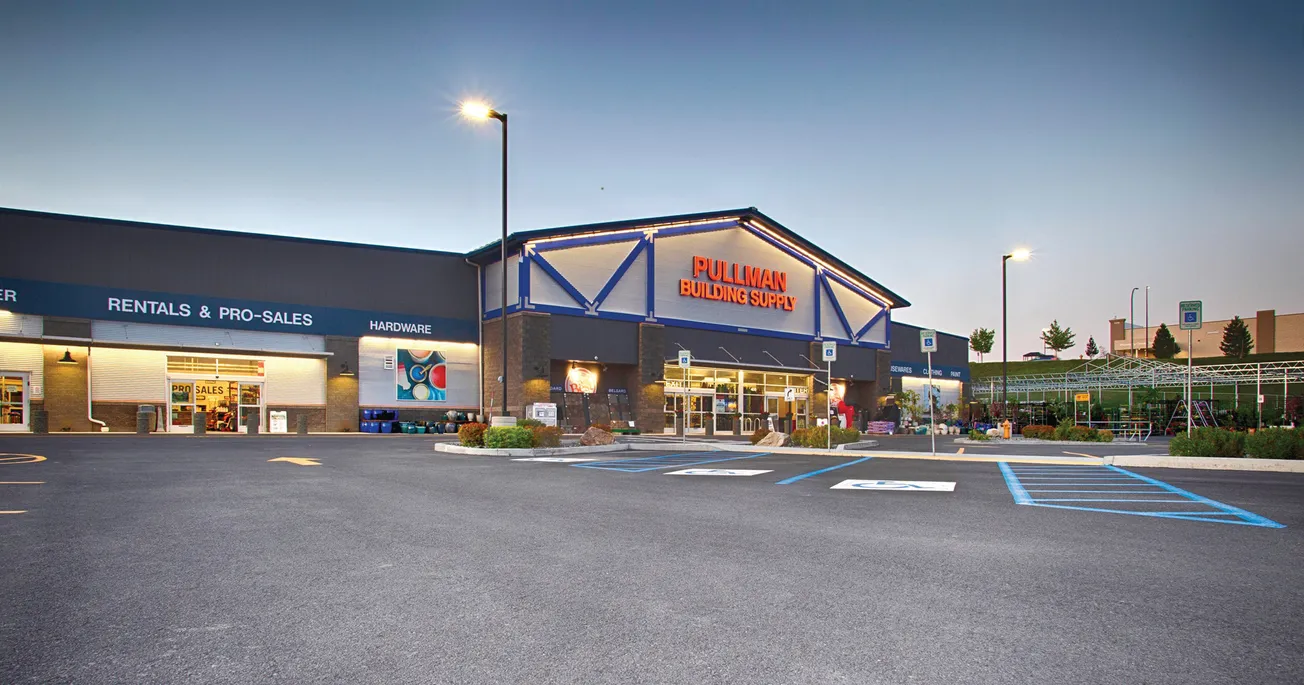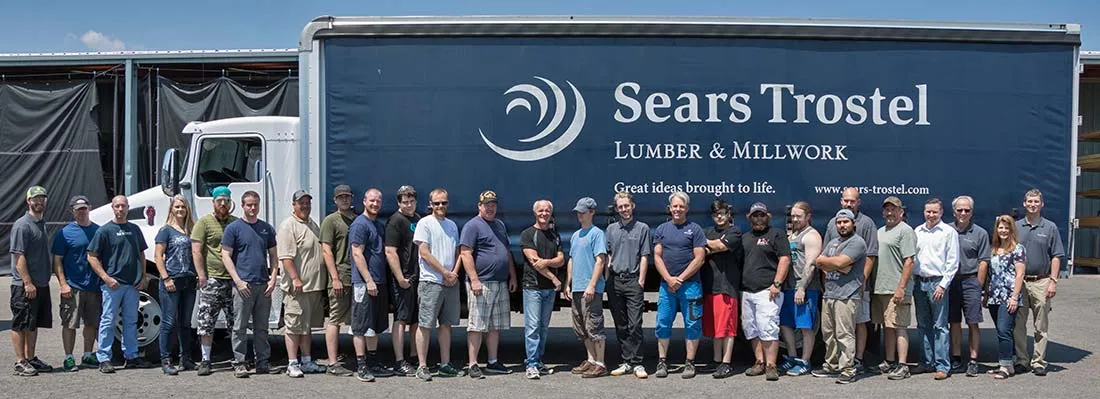Table of Contents
“It’s sad, the way things are going in Ohio,” says Joel Jumper, owner of Coshocton Lumber, named for the town of 12,000 that’s nowhere near Cleveland and its potent medical industry nor Columbus with its thriving fashion base. In fact, it’s not even nudging an interstate that leads to either pulsing city.
It’s—frankly—“rural,” says Joel. “You’ve got to really want to come here; it won’t be by accident. And we’ve lost a tremendous amount of industry in town.”
Nonetheless, Joel is so swamped with business that he can barely snatch time to come to the phone.
He took over the business from his father 20 years ago, tackling an outfit that had been launched in 1898 and purchased by Joel’s grandfather, a builder, in 1944—just in time to welcome his son back from military service after World War II.
Joel himself returned in 1978 at age 21. “I was going to stay on in Indiana with a friend, but I was also dating a girl from Coshocton.” So when his dad called, saying “Come back: I need help,” Indiana was put on hold and his relationships—business and romantic—moved forward.
“I worked a bit alongside Dad, but he’d soon had enough, and it was time for me to take over. I was like a deer in the headlights. I began by tweaking a few things, like changing the trucks around and adding new products.”
But what he did not do was revamp that which any other industry pro might, at his most diplomatic, call a “quirky” layout. “If you came in the store, you’d be shocked,” Joel guarantees. “You’d expect to park at the front and walk in the front door, but no: It’s the reversal of everything they tell you to do. You walk into the sales counter, right up front. Plus,” he adds, “the ceiling is 7 feet, 6 inches high!”
Joel’s business today is fueled by a healthy mix: 40% contractors, 40% walk-ins, and 20% industrial. And it’s growing. “Ironically,” he laughs, “people are coming back here to retire, buying acreage, building houses. I’ve pushed our deliveries farther out.
“Our biggest competitors are the Amish [independent yards], along with all the boxes: Depot, Lowe’s. Where we can beat them, “he declares, “is with our service—especially delivery: Call in the morning, and we’ll have it out the same day. We run our trucks hard all the time. It’s never ‘We’ll get it to you by Tuesday,’ but rather, ‘When do you want it?’ We make it work.”
Joel can count on a staff of 20 to make the impossible happen. “Everybody works on everything—not in a special department. I tell them, ‘The more you know, the better you do.’ Normally, we’d give them training, of course, but nowadays it’s so busy that it’s sink or swim. But that way, they learn from their mistakes. There’s a lot of leeway; I don’t micro-manage. I’m not standing over them. They’ve got free rein to make decisions.”
And he’s mighty glad they’re there. “Everybody’s looking for people right now. I just lost one person but picked up two more. In a diner, if the girl who waits on you is good… you make an offer; they’ll learn the stuff.”
And learn they do. That’s what Coshocton’s pros appreciate most, in Joel’s opinion. “There’s a lot of knowledge on board here—and always a way around a problem. If there’s no vinyl siding at Point A, try Point B—and get it to our customer in a timely manner. Nobody else in the industry wants to do that, especially the boxes. Here, a contractor can focus on one guy [employee] who’ll handle the whole situation, taking it one piece at a time.
“We also build things from scratch in our shop for a couple of places—custom cutting. We have a lumber mill, which is actually more of a woodworking shop. We also have a strong Kitchen & Bath department, run by a young lady who does a really good job, mostly dealing with walk-ins. We also sell a lot of hardware, a lot of paint. And I still stock paneling: I’m surprised at how much of it we sell—and at good margins.”
Sure, Joel agrees with all of you out there, product is hard to get—“hard last year, and this year even harder. First it was hardware, then lumber; now, it’s both. We really have to dance around, trying to find product. I used to make one call; now, it’s four or five to get what you need.”
Light at the end of the tunnel? “My guess,” he says, “is…no. Not until the end of next year. I talk to the steel plant (I need steel for pole barns) and clearly, it won’t end soon. And that trickles down to screws, power tools, batteries. Batteries” he underscores, “are real scarce. I usually have 50, 100 batteries around. Now… none. It’s a big shortage. And my co-op just notified us that there’s a shortage of dust pans. Dust pans? Really???”
Rubbing salt into the wounds of economic turmoil, this reporter asks about the company’s website development. “It’s moving slowly, real slowly, and we need to do a lot more with that, but we’re so busy. So for now, we just fall back on what we have”—which does include consumer-friendly how-tos and buying guides.
What does the future hold for the company? Joel’s three kids are happily employed in different professions elsewhere, “and I’m 64,” he notes. “It kind of snuck up on me” while the world was changing. “There used to be five lumberyards in the county; now, we’re down to one.”
Still, Joel’s in no hurry for the rocking chair and the gold watch. “I love the diversity of everything here; each day it’s always different.”









